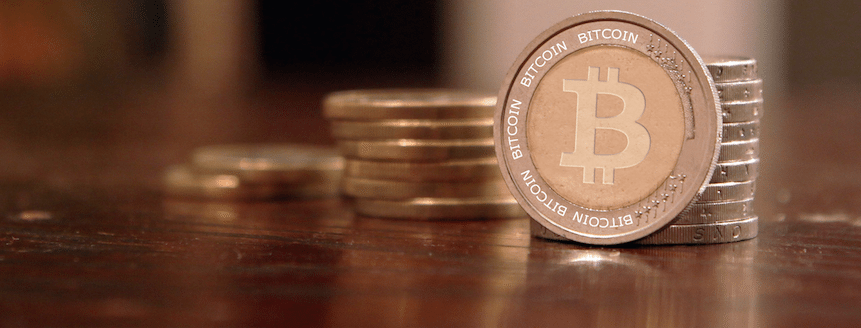Bitcoin gets a lot of headlines. It’s an alternative currency and payment system, structured in a way that is both intriguing and practical. Many of those who hold Bitcoin want to use it, which could be good for your small business. Still, it has risks.
The currency was invented by a software developer who goes by the name of Satoshi Nakamoto. It appears to be a pseudonym, but it is unclear who is behind the name. Nakamoto released the protocol behind Bitcoin and a paper explaining it in 2008. Since then, there have been attempts to uncover Nakamoto’s true identity and motivations. Is it a group of programmers who wanted to show off, an anarchist attempt to undermine established currencies or a lone eccentric who came up with a great idea? At this point, it may not matter who Nakamoto is, as this currency is edging into the mainstream.
A Bitcoin itself is a string of code, also called a blockchain. Each blockchain is unlocked by solving complex equations. The calculations are done by computer. Because of the code, Bitcoin and similar currencies are often known as cryptocurrencies. Those who do the work of solving equations to earn Bitcoin are known as miners. When Bitcoin was first introduced, people with average programming skills could collect it. Now, the equations that must be solved are complex and require dedicated machinery using lots of power.
To spend a Bitcoin, the transactions have to go through a miner. This process verifies that the currency is valid. It also bypasses traditional payment systems, so it comes at a lower cost – with no chargebacks, something a lot of merchants like. And, it’s anonymous. As a result, Bitcoin has been a popular currency with those involved in illegal activities.
The concern about the sketchy reputation kept Ryan Speier from using the currency at his startup online marketplace, BriskSale.com, even though he founded the Fordham University Bitcoin/Cryptocurrency Club when he was in college.
“Bitcoin has had a lot of bad press and people still think it’s a sketchy illegal currency that uses virtual gold coins,” he says. “I know it’s not, but it doesn’t matter what I think. The mere sight of the word ‘Bitcoin’ may push valuable customers away.”
Speier wants to accept Bitcoin, in part due to the lower credit card processing fees, but he is waiting until it has greater acceptance among the public.
Also on StartupNation.com: What Small Businesses Should Know About Crowdfunding
That acceptance may be growing. Bitcoin isn’t mainstream, but it is getting closer. As of May 2016, there were more than 15.6 million Bitcoins in circulation worth about $682 each, according to blockchain.info, a website that tracks Bitcoin activities. There were 7.5 million user accounts, also known as wallets. That’s money that could be spent at your business.
Companies that accept Bitcoin sometimes do it out of ideology (for example, Austin’s Brave New Books bookstore), or because they have customers who want to use it (David’s Grill & Bar in Cleveland). The largest retail company accepting it is Overstock.com. You’ll find lists online claiming that other large retailers such as Target and Amazon.com accept it. They actually don’t, but a company called eGifter.com allows customers to buy gift cards on demand that than can be spent at these firms.
To accept Bitcoin, you need to open a wallet account. There are several apps that you can use with different features. That leads to the second decision: do you want to keep the Bitcoins, or do you want to exchange them into dollars? Some people who accept the currency also want to spend them – or speculate on the exchange rate. Others are happy for the business, but would ultimately prefer the dollars.
The miners charge a fee to process transactions, although it is almost always less than the fees charged by credit card processors. You have to pay a fee to exchange your Bitcoin into dollars, which has to be considered.
Ultimately, the decision to take Bitcoin boils down to one thing: will it get you more customers? And that very much depends on who your customers are. That bit of market research will help you determine if it is a good thing for your business now, or if you want for the currency to gain broader acceptance.






